Description
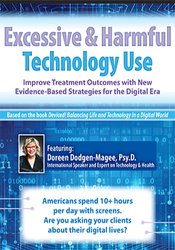
-
Doreen Dodgen-Magee – Excessive & Harmful Technology Use: Improve Treatment Outcomes with New Evidence-Based Strategies for the Digital Era
- Faculty:
- Doreen Dodgen-Magee
- Duration:
- 6 Hours 13 Minutes
- Format:
- Audio and Video
- Copyright:
- Aug 27, 2019
- Step-by-step assessments for excessive and harmful technology use
- Strategies for breaking technology dependence habits
- Tools to combat the negative effects of technology overuse in your clients lives
- Practical, versatile ways to increase client engagement in “real-life”
- Get Educated! Know the platforms
- The ability to regulate, delay & focus
- Shame & self-esteem
- Emotional connections to objects
- Why boredom tolerance is a good thing
- Social & communication skills
- Case Study: Brett; considering foregoing college for a career as a professional gamer
- Address your own technology bias
- 5 must-ask intake questions
- ABCDT assessment model
- Recognize addictive technology engagement
- Stimulation vs. meaningful self-soothing
- Clarify how clients communicate
- Take-home assessment forms & tools
- Ongoing assessment considerations
- Case Study: Family consultation with parents concerned about kids’ technology use
- Create technology use plans
- How to set healthy use norms
- Address resistance to digital moderation
- Teach digital safety
- Strategies to break technology addiction
- Counteract negative impacts of over-use
- In-session exercises to develop ability to focus
- Establish screen-free zones
- Develop critical thinking skills
- Digital alternatives to highly violent, sexualized or monetized content
- Case Study: Betsey; 20 hours of screen time per day
- Mindfulness meditation
- Create opportunities for boredom
- Boredom tolerance exercises
- Self-soothing techniques
- Develop screen-free coping skills
- Case Study: Jackie; required by work and vocation to be available 24/7
- Develop & maintain interpersonal skills
- Client self-examination of social network use
- Interventions for relational aggression
- In-session exercises for communication skills
- Strategies for social practice
- Case Study: Joseph; online dating; spends free time gaming
- Match digital platforms to learning type
- Constructive embodied engagement strategies
- Strategy modification for digital preferences
- Practical kinesthetic offerings
- Non-shaming conversations about tech use
- Case Study: KC; tapering off video game use
- Anxiety
- Depression
- Narcissism
- Children
- Adolescents
- Adults
- LGBTQ
- Case Consideration: How to choose the best technologies for special populations
Description
The modern digital world has presented a daunting therapeutic challenge. Technology is in your clients’ hands, and they’re using it daily to interact with the world.
The negative effects of technology overuse are impacting your clients like never before: lower self-esteem, social isolation, emotional dysregulation, the inability to focus or delay gratification, and sexual dysfunction. Even more alarming, growing evidence shows that specific forms of technology use are correlated with anxiety, depression, narcissism, violence and relational aggression.
The average American spends over ten hours per day with screens. If you aren’t asking your clients about their technology use, you’re missing out on a huge portion of their lives.
Watch and discover how to immediately transform your practice with:
Purchase today to help your clients reduce harmful technology use and greatly improve presenting issues of any diagnosis!
Handouts
| Manual – Excessive & Harmful Technology Use (3.3 MB) | 47 Pages | Available after Purchase |
Outline
Neurological, Interpersonal & Intrapersonal Impacts of the Digital Age
Assessment of Technology Engagement & Effects
Technology Use Guidelines to Follow with All Clients
Emotional Regulation Strategies
Relational Interventions: Reconnect Clients with the Real World
Strategies to Curb Overuse & Increase Engagement in Embodied Life
Modify Digital Use Interventions for Specific Disorders & Special Clinical Populations
Faculty
Doreen Dodgen-Magee, Psy.D. Related seminars and products: 1
Doreen Dodgen-Magee, Psy.D., is a psychologist from Portland, Oregon with 25 years of experience working with individuals and groups. In addition to her private practice, she maintains an international speaking docket and is the author of the book, Deviced! Balancing Life and Technology in a Digital Age, as well as many chapters in several other scholarly books. Doreen is an expert in the area of technology and health. She spends, on average, 15 hours per week culling both scholarly research and pop culture sources to maintain her expertise on how technology is shaping the neurological, interpersonal, and intra-personal lives of individuals today
Doreen is routinely featured on podcasts and with news sources, and she has carried out anecdotal research circles with thousands of college students across the U.S. and Ireland over the last three years. Her unique, fast-paced speaking style incorporates technological, interpersonal, and interactive elements, which makes her uniquely poised to capture the minds and attention of a diverse range of people. Her approach is far from technology-averse, offering instead a balanced perspective and full-spectrum look at the issues of the day.
Speaker Disclosures:
Financial: Doreen Magee-Dodgen maintains a private practice. She receives a speaking honorarium from PESI, Inc.
Non-financial: Doreen Magee-Dodgen has no relevant non-financial relationship to disclose.
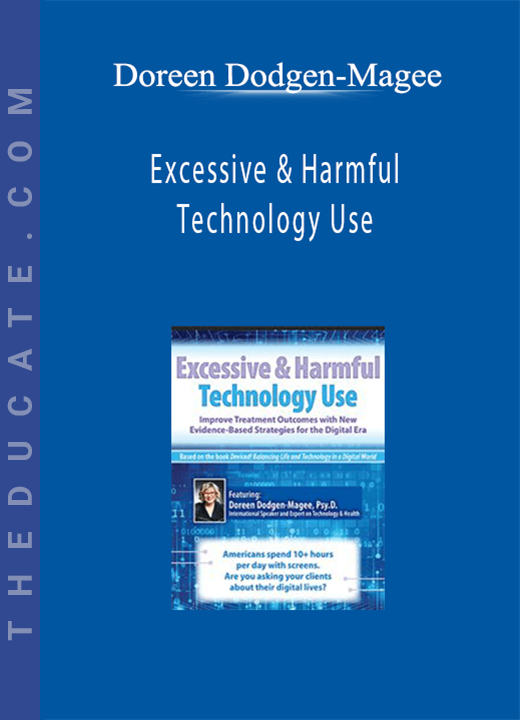


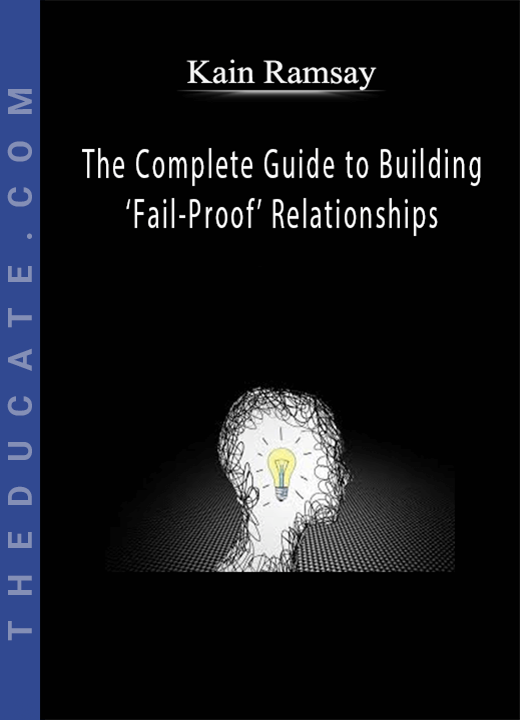
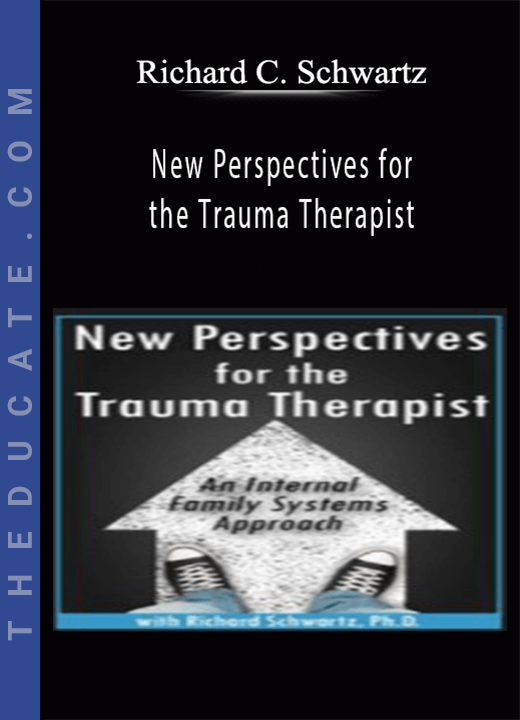
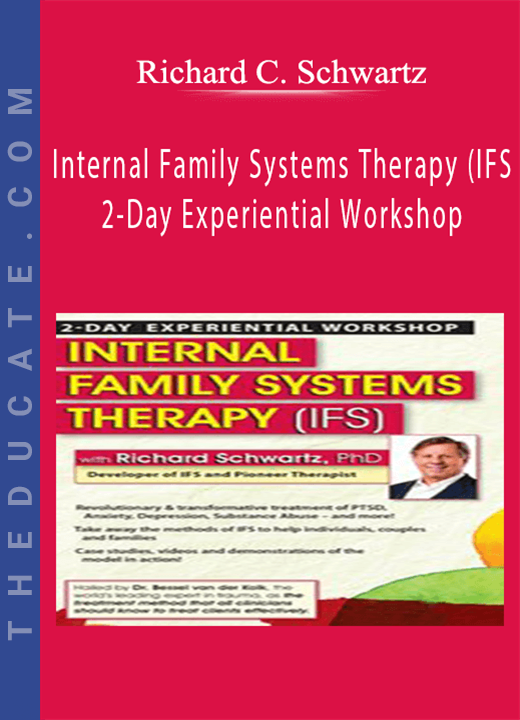
10 reviews for Doreen Dodgen-Magee – Excessive & Harmful Technology Use: Improve Treatment Outcomes with New Evidence-Based Strategies for the Digital Era
There are no reviews yet.